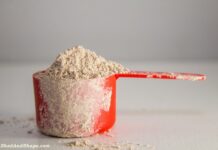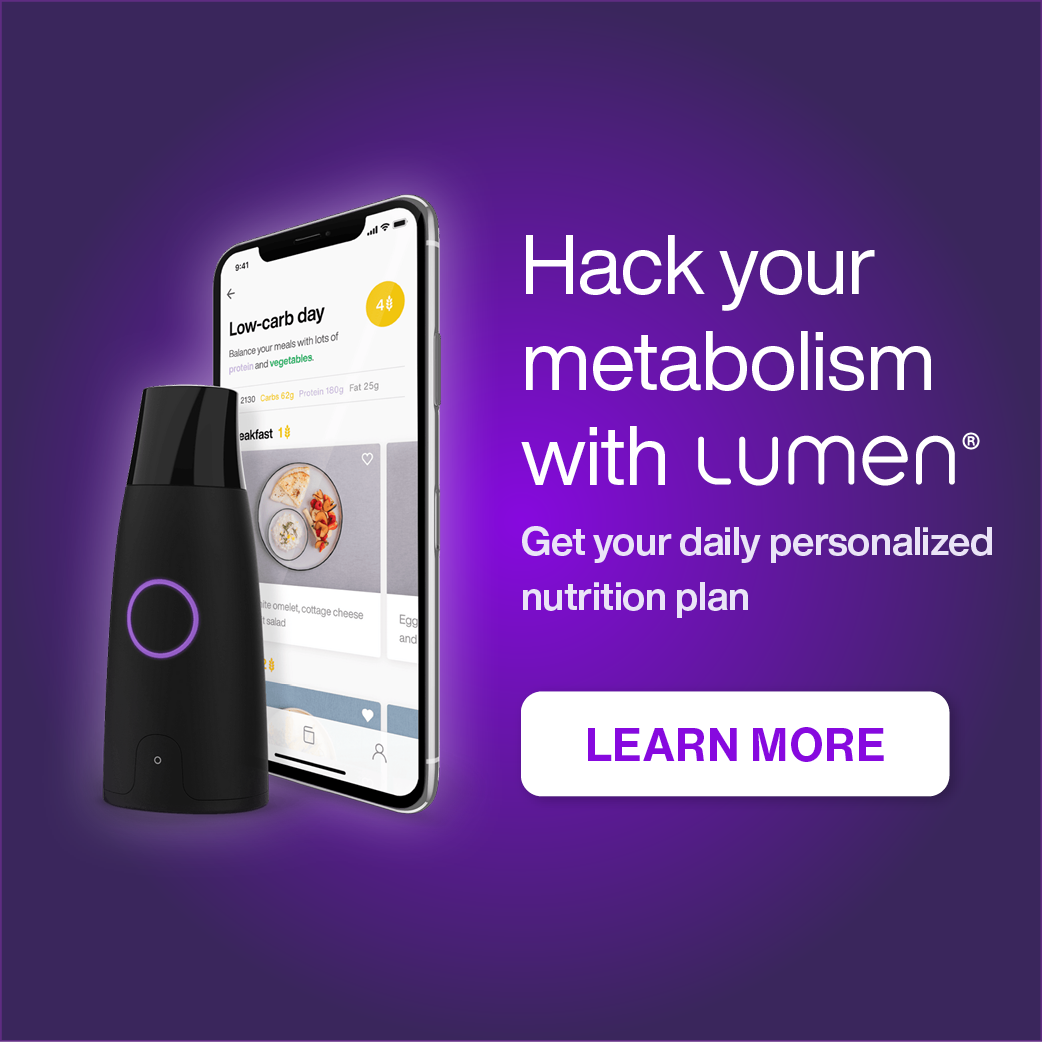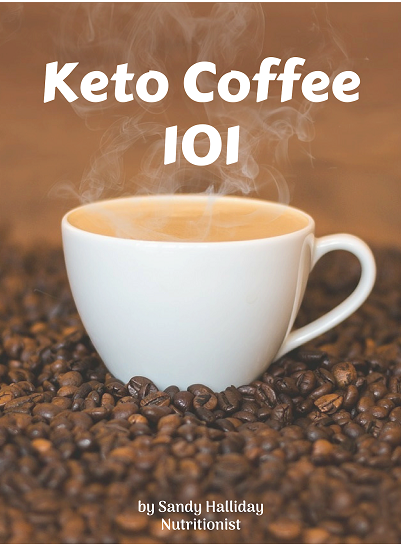Articles about mold in coffee have been circulating on the Internet recently, which is somewhat worrying for those who can’t live a day without coffee.
According to some reports, the mold in coffee produces a toxic chemical known as mycotoxins. While some believe that this chemical is not harmful, some experts believe otherwise.
So let’s find out more about the mold in coffee and whether the mycotoxins are bad for your health.
Mold in Coffee
What Are Mycotoxins?
First, let’s find out what exactly are mycotoxins. These chemicals are formed by molds, the tiny fungi that could grow on crops that are not stored properly, including coffee beans.
When you end up ingesting too much of these toxins, they could cause poisoning. Mycotoxins have been linked to a number of illnesses.
Mycotoxins are commonly found on food items. Unfortunately, coffee is the biggest source of mycotoxins found in food products. According to the World Health Organization,
“Moulds that can produce mycotoxins grow on numerous foodstuffs such as cereals, dried fruits, nuts, and spices. Mould growth can occur either before harvest or after harvest, during storage, on/in the food itself often under warm, damp and humid conditions. Most mycotoxins are chemically stable and survive food processing.”
There are hundred different kinds of mycotoxins, but the ones that came from the coffee beans are the aflatoxin B1 and ochratoxin A. Both have been tied to a number of serious illnesses.
Exposure to these toxic chemicals could happen directly by ingesting the infected food products or eating meat from animals that were fed with contaminated feeds.
Are Mycotoxins Bad For You?
As explained above, the mold in coffee produces a chemical known as mycotoxins, which has been linked to several illnesses. Dave Asprey of Bulletproof Coffee has this to say about mycotoxins,
“Mycotoxins are damaging compounds created by molds which grow on coffee beans. These compounds cause all sorts of health problems like cardiomyopathy, cancer, hypertension, kidney disease, and even brain damage.”
The effects of mycotoxins can be acute. Symptoms of severe illness may appear quickly right after consuming the contaminated product.
Other mycotoxins that are found in food have also been linked to long-term effects on health, which include immune deficiency and cancer.
Should You Avoid Coffee?
Given the toxic effects of mycotoxins, you’re probably thinking of avoiding coffee from now on. But remember that the problem is not the coffee itself.
Health Benefits of Coffee
In fact, several studies have proven that coffee is good for our health. It contains more than 1,000 bioactive components that are the best source of antioxidants. Coffee is anti-inflammatory, antifungal, antioxidative, antifibrotic, and anticancer.
Increased consumption of coffee has also been shown to help fight depression, boost cognition, and improve exercise performance. Of course, coffee tastes good as well and gives us an energy boost to jumpstart our day.
Because of the many benefits of coffee, it’s one of those beverages that you can safely include in your diet. For instance, if you’re following the keto diet, having a cup of the keto coffee may help you to achieve your goals of losing weight.
Related reading: What Is Keto Coffee and Should You Drink It?
It is the mold in coffee that is capable of producing mycotoxins that are harmful to your body. So the key is in choosing the right kind of coffee to drink. Certain types of coffee contain more mycotoxins than others and mycotoxins are usually prevalent on low-quality brands of coffee.
Contamination of coffee beans
One study found that 91.7% of coffee beans were contaminated with mold. These beans had not been processed yet, which gave the molds more opportunity to grow.
In another study, it was found that 52% of the green coffee beans and almost 50% of the brewed coffees produced from these beans were moldy. The results of these studies are alarming, but it should be a wake-up call for coffee drinkers to carefully choose the right kind of coffee to drink.
Again, coffee is not bad. It is the mold in coffee that’s bad for you due to the mycotoxins that it brings.
The impact of mycotoxins on your health
You will read articles where authors claim that the mycotoxins in coffee are not a problem as our bodies deal with it but Dr Jill Carnahan , a medical doctor and functional medicine expert, states:
Mycotoxins can have a serious impact on our health. Mycotoxins are microscopicfungal poisons that can sneak into our bodies through the digestive and respiratory systems. They are literal poisons that have the potential to make us very sick.
How to Choose the Right Coffee To Drink?
So how do you choose the right coffee to buy? Cheaper brands of coffee products cost less simply because they are made from poor quality beans that may have been contaminated with molds.
As stated above, mold in coffee is produced when the beans are not stored and handled properly. Some companies process the beans immediately without checking them for any presence of mold.
Coffee blends are not the best choice either since they mix cheap quality beans harvested from different areas, which has a higher chance of getting moldy.
Given this, you might be thinking that the more expensive coffee products are the safest choice, but this is not always the case. Even the most expensive brands of coffee are contaminated with molds that contain mycotoxins. Some of these coffee products are processed using a method that would allow the molds to easily thrive.
Recommended Mold Free Coffee Brand
The best way to avoid mold in coffee is to choose those brands that are made from premium quality beans and were carefully processed to avoid contamination, such as Purity Coffee.
In fact, the Purity Coffee is made from mycotoxin-free coffee beans. This organic coffee is processed in such a way that the coffee will not be contaminated with any harmful toxins.
First, the coffee plant is grown in a pesticide-free environment. These plants produce specialty grade coffee beans that are free from any imperfections. The beans are then roasted through a smokeless process, which prevents the development of acrylamide, a chemical compound that’s been linked to cancer.
The producers of Purity Coffee are very careful not to expose their products to mycotoxin and pesticides. They even hire an independent lab to get their coffee products tested and the results show that they really did a great job at protecting their products against harmful chemicals.
Want to try Purity Coffee? Use coupon code SandyHalliday for a 10% discount on your first order.
Remember that coffee is not bad. In fact, it’s loaded with disease-fighting antioxidants that are good for your health! You just need to make sure that you are drinking the right type of coffee, such as the Purity Coffee.










